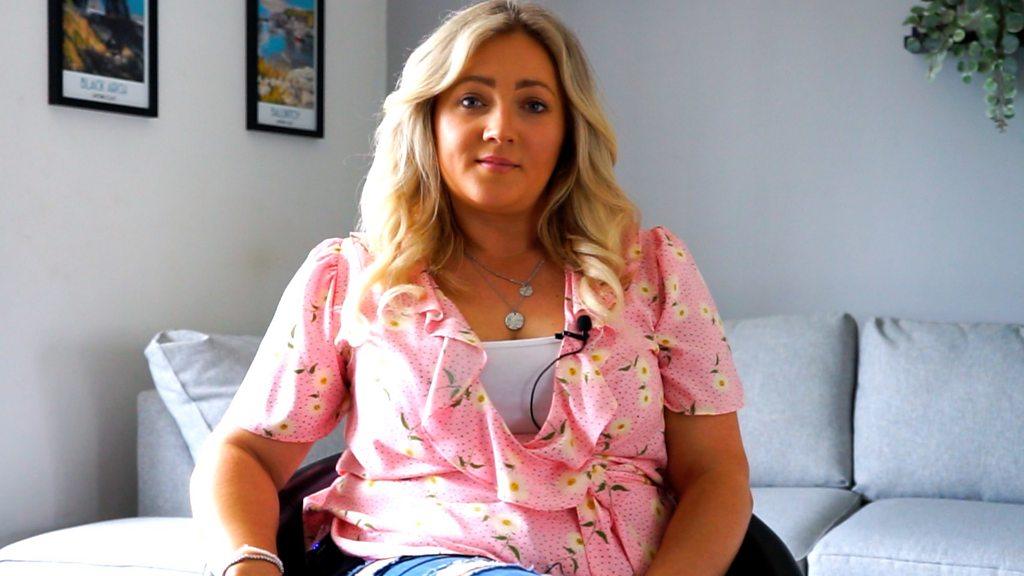Foster care costs 'horrific' as allowance delay goes on
- Published
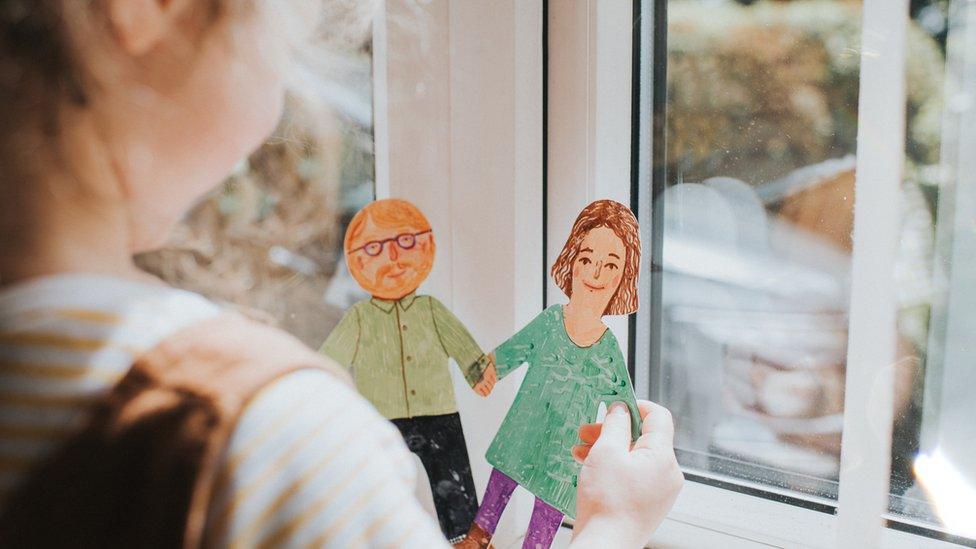
Some foster carers are experiencing "horrific" money issues as they continue to wait for extra financial support that was expected in April.
More than 3,000 households are thought to be affected by the hold-up.
The Department of Health, which is responsible for allowances, said the delay was due to ongoing uncertainty this financial year.
An annual review and increase in line with inflation is required by UK national standards.
One foster carer told BBC News NI that the costs, which included items such as school uniforms as well as activities and therapies to meet the wellbeing needs of the children, were "horrific".
There are more than 3,000 foster care families in Northern Ireland, with an increase of about 1,000 children requiring care here in the last 10 years.
Allowances 'consistently lower' in NI
Carers receive a weekly allowance, which is intended to cover the costs of food, clothes, toiletries and other expenses occurred when looking after a foster child.
While the cost of living, driven by inflation, continues to rise, foster carers are already the subject of higher childcare costs.
Research commissioned by the Welsh government in 2010, external said there was "overwhelming evidence" that it was more expensive to look after foster children compared with birth children, with studies cited in the report indicating the costs to be about 50% greater.
That was often down to issues like extra household insurance costs, greater energy bills and additional fuel needed to run a car so the children could go to school or get to medical appointments.
Carers in England, Wales and Northern Ireland receive national minimum allowance rates.
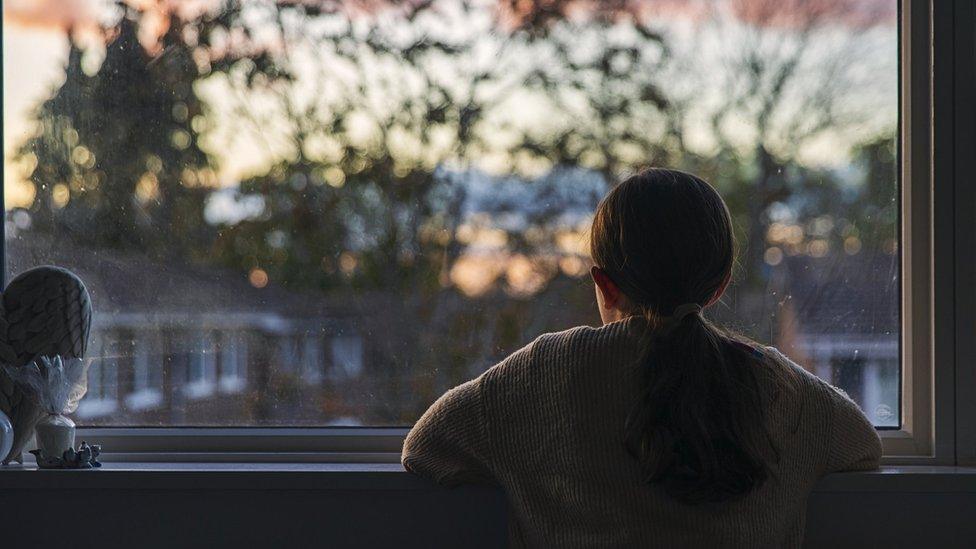
Looked after children often come with complex needs and additional expenses
For a child between five and 10, a foster carer in Northern Ireland receives a minimum weekly allowance of £150.18, external.
However, in Wales the same child is allocated £183 while in England the rate is £156 to £181 depending on where the child lives, external.
In the Republic of Ireland, the payment is €325 (£275) for a child under the age of 12, external.
A spokesperson for the Foster Care Workers Union said that allowances have been "consistently lower" in Northern Ireland than other parts of the UK and Ireland for over a decade.
"Foster carers have consistently articulated those allowances do not meet the full costs of caring for children," they said.
"We expected 2022-23 allowances to be ready for the end of June, then they slipped to mid-July.
"We are now four months into the financial year without an announcement on what the new foster care allowance rates will be."
'You can't send the kids out looking different'
BBC News NI spoke to two foster carers, who wished to retain their anonymity to protect the identities of the children they care for.
One carer from Newtownabbey, County Antrim, described the costs as horrific.
She said some of her children have trauma and flashbacks, requiring regular counselling and therapy - those issues can create unexpected extra costs.
"One of my boys can't use public transport, for example, it's too overwhelming so I drive him everywhere," she explained, adding that he needs to socialise in order to "build up self-esteem".
That need involves extra expenditure to take part in sports and other activities not fully covered by foster care allowances.
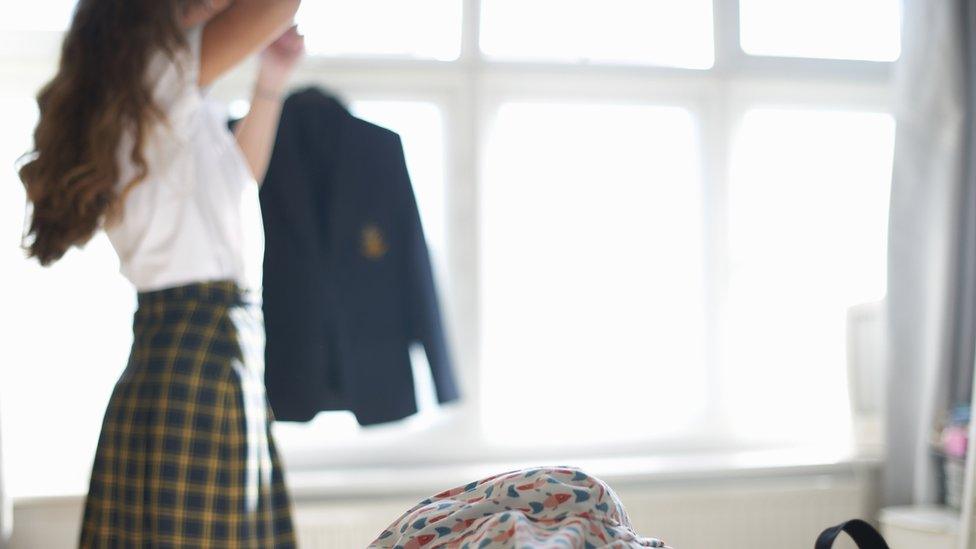
School uniforms and the pressure for designer labels have seen clothing costs soar
Clothing can also be challenging, with soaring uniform costs and the pressure to keep up with designer brands popular with teenagers.
"You can't send the kids out looking any different to any other child, they already feel different, you have no choice but to buy the big brands," she added.
For this carer, those expenses, driven by a cost-of-living crisis, are causing even more anxiety as her foster children approach adulthood.
"None of my young people will be returning home so where do they go when their time is up here? I intend on keeping them.
"I never expected to have to put a young person through university but that's the position I am in now, if things go to plan.
"The trust will pay their fees but I will have to find the money for everything else.
"Don't get me wrong, I am not complaining. I want my young people to do the best they can and I choose to support them."
Another carer currently looking after teenagers and a baby agreed that additional help is needed.
"It's not about they money - I care very passionately about every child that comes through my door," she said.
"I have children that sleep with the lights on… constant electric, internet and heating."
'Budgetary challenges'
The Department for Health said it recognised that financial support for foster carers is critical in enabling them to carry out the essential role they perform and that it was "committed to ensuring that carers receive notification of the rates payable to them as soon as possible".
The department highlighted "budgetary challenges and uncertainty this financial year" that have presented "additional difficulties and delays", which have affected some usual annual processes, including foster care allowances.
"The process for reviewing and updating foster care allowance rates for 2022-23 is now nearing completion, and revised rates will be issued as soon as these are agreed," said the department in a statement.
"It is expected that revised rates will be confirmed in the coming weeks and that the Health and Social Care trusts will then implement the increased rates which will be backdated to 1 April 2022."
Related topics
- Published15 June 2022
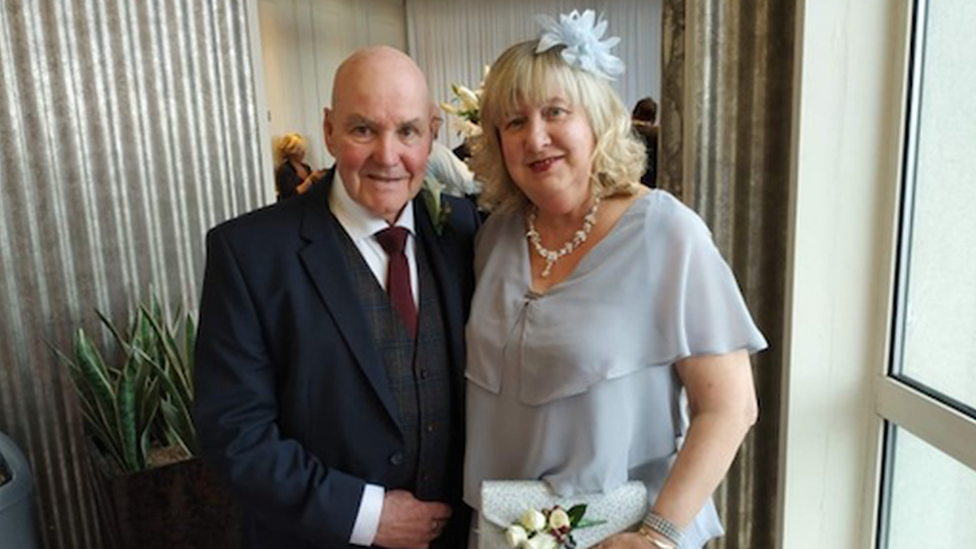
- Published21 May 2022
